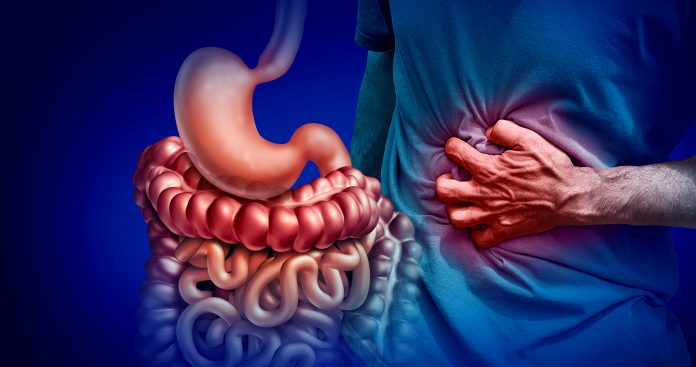
In a recent breakthrough at the University of Michigan, researchers have shed light on the interplay between diet, genetics, and the gut microbiome, offering fresh insights into the triggers of inflammatory bowel disease (IBD).
IBD, characterized by symptoms such as abdominal pain, diarrhea, and weight loss, has long puzzled the medical community. While a genetic predisposition to the disease is clear, not everyone with a family history of IBD develops the condition, pointing to the influence of environmental factors.
Building on prior research that highlighted the impact of a low fiber diet in fostering mucin-degrading bacteria—those that consume the protective mucus lining of the intestine—this latest study, published in Cell Host & Microbe, further explores the genetic and environmental influence on IBD.
At the genetic level, the absence of a cytokine known as interleukin-10 (IL-10), or its receptor, has been linked to early onset IBD in children. The study meticulously examined this genetic aspect using mouse models engineered to replicate the same immune system alteration.
Interestingly, the severity of intestinal inflammation varied among the mice, with certain gut bacteria and a low-fiber diet worsening the condition. Remarkably, mice raised in a sterile environment, lacking bacteria, exhibited no signs of the disease, underscoring the critical role of the gut microbiome.
The researchers manipulated the dietary fiber intake and the composition of a model human gut microbiome in their mouse models, discovering a direct correlation between fiber consumption and inflammation levels. Specifically, diets lacking in fiber led to increased activity of mucin-degrading bacteria such as Akkermansia mucinphila and Bacteroides caccae, diminishing the mucus layer’s protective barrier and aggravating inflammation.
Conversely, a diet rich in fiber not only prevented the onset of inflammation but also showed potential in reversing its effects when switching from a low to high fiber regimen. This finding presents a paradox, as IBD, particularly in children, is often managed with an exclusive enteral nutrition (EEN) formula devoid of fiber, yet still effective in reducing inflammation.
Through their experiments, the team identified an elevated presence of isobutyrate, a branched-chain fatty acid produced by certain gut bacteria, in mice fed with EEN. This metabolite could be a key factor in the anti-inflammatory effects of the EEN diet.
“Our research indicates a promising new avenue for IBD treatment strategies, specifically tailored dietary interventions that influence the gut microbiome’s functionality,” remarked Gabriel Pereira, postdoctoral candidate at the department of microbiology and immunology at the University of Michigan and first author of the study.
The team is eager to further explore how diet and bacterial interactions can be optimized to improve IBD therapies, marking a significant stride toward understanding and managing this complex condition.













